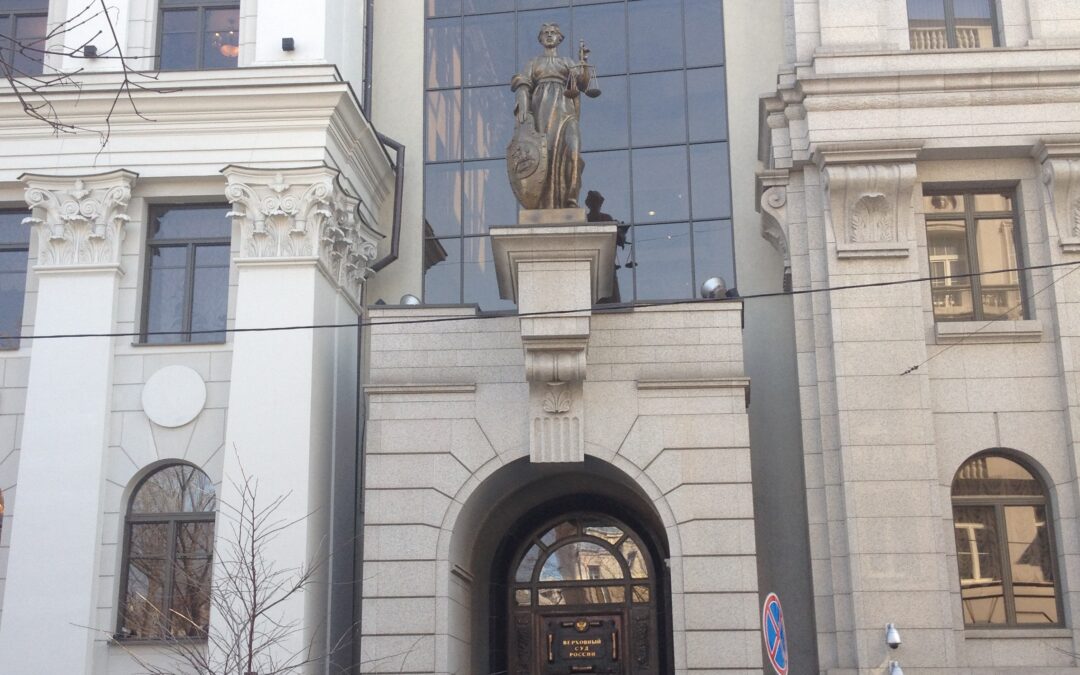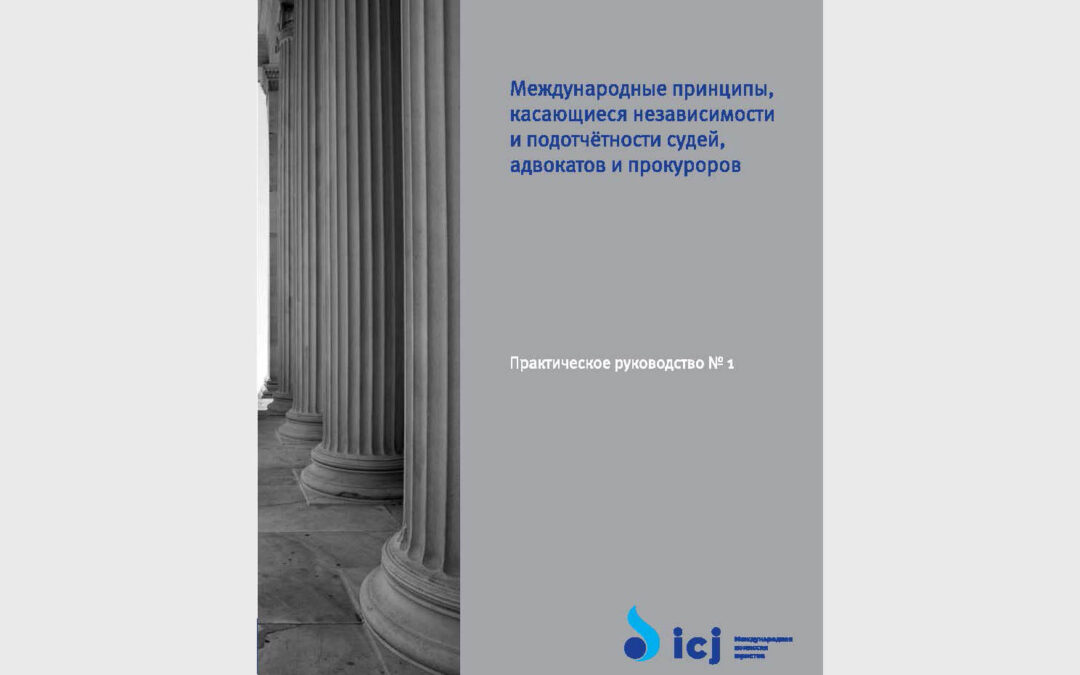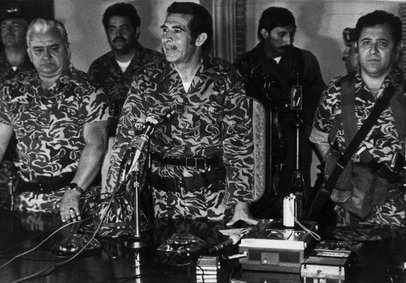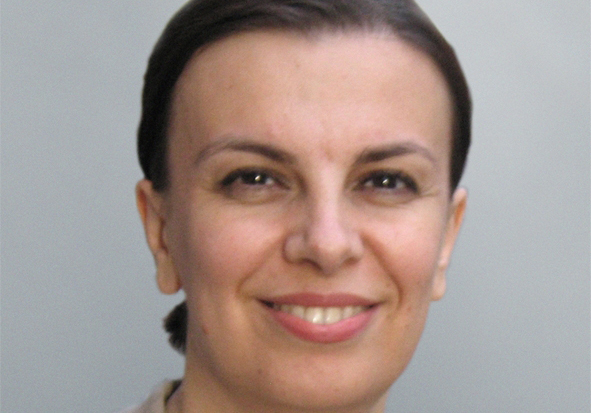
May 30, 2013 | Agendas, Events
The event will be held Friday, 31 May 2013, from 16.00 to 18.00, in Geneva, Palais des Nations, Room XXVII. It marks the 5th anniversary of the HR Council adoption of the Framework “Protect, Respect and Remedy”.
It also promotes the publication of the ICJ Report on “Corporate complicity in international crimes”. It will highlight the fact that the business and human rights agenda in the Human Rights Council remains unfinished, especially in the critical areas of access to justice and accountability, as well as the need for bold Council action to provide States and other actors with the necessary tools to ensure remedy and justice to victims of serious human rights abuses committed by or with the complicity of corporations in home and host countries.
HR Council-UN SIDE EVENT Business-Event-2013 (full text in pdf)

May 30, 2013 | Agendas, Events
On Wednesday 29 May 2013, the ICJ co-sponsored a parallel event with Human Rights Watch and other NGOs during the Human Rights Council’s 23rd regular session held in Geneva.
The event, held in Room IX of the Palais des Nations, addressed key issues concerning the independence of judges and lawyers within the Russian Federation. The event was chaired by Róisín Pillay, Director of ICJ’s Europe Programme. Panelists were Gabriela Knaul, the UN Special Rapporteur on the independence of judges and lawyers; Tamara Morshchakova, ICJ Commissioner and former Deputy Chair of the Russian Consitutional Court; and Karinna Moskalenko, ICJ Commissioner and founder of the International Protection Centre.

May 29, 2013 | Agendas, Events
On Tuesday 28 May 2013, the ICJ co-sponsored a parallel event with TRIAL and the Missions of Botswana, Costa Rica, Estonia and Switzerland during the Human Rights Council’s 23rd regular session held in Geneva.
The event, held in Room XXV of the Palais des Nations, addressed key issues concerning accountability and human rights. The event was chaired by Professor Paola Gaeta from the Geneva Academy of International Humanitarian Law and Human Rights. Panelists were Tiina Intelmann, President of the Assembly of the States Parties to the ICC Statute; Mothusi Bruce Rabasha Palai, Ambassador of Botswana; Ian Seiderman, Director of the ICJ’s Law and Policy Office; and Gabriella Citroni, Senior Legal Adviser at TRIAL (Swiss association against impunity).
Panelists agreed that accountability is intimately linked to the enjoyment of human rights. It was stated that – under State responsibility – States are, or should be, held responsible for acts involving any violation of international law, including international human rights law and international humanitarian law. Accountability is thus not only about criminal justice, but also about ensuring reparations and guarantees of non-recurrence.
Recommendations made under the Universal Periodic Review (UPR) mechanism were seen as having been partly successful in bridging gaps, although there remains a lack of proper follow-up on the progress of implementation between UPR cycles. Panellists observed that States often fail to refer to standards enunciated by the High Commissioner for Human Rights and by the Special Procedures. Regarding the accountability of non-State actors for conduct involving human rights abuses and violations, the ‘Ruggie Principles’ were referred to as a representing good progress but still failing to be as comprehensive as they should be.
Concerning future steps by Human Rights Council mechanisms, panellists proposed that resolutions, statements and Special Procedures should more directly and frequently refer to accountability. The need for greater political pressure on the International Criminal Court was expressed, with the aim of supporting the domestic capacity of States parties to the Rome Statute. Concerning domestic capacity to strengthen accountability more generally, panellists and participants agreed on the need to improve linkages between the work of persons dealing with development and those working on accountability.
HR Council-Strengthening accountability-event-2013 (event flyer in pdf)

May 28, 2013 | News, Publications
The ICJ has now published a translation of its Practitioner’s Guide, International Principles on the Independence and Accountability of Judges, Lawyers and Prosecutors.
This is the first comprehensive analysis of the existing standards and compilation of universal and regional instruments published in Russian. The Guide outlines the roles to be played by a strong legal profession, an independent judiciary and an impartial and objective prosecuting authority. References to international decisions, reports, texts of treaties and other international standards allow the Guide to be used as a reference book by legal practitioners and policy makers.
International-Principles-on-the-Independence-and-Accountability-of-Judges-Lawyers-and-Procecutors-(No.1)-Practitioners’ Guide series-2013-Rus (full text in pdf)

May 21, 2013 | News
El fallo emitido por la Corte de Constitucionalidad constituye un retroceso en la búsqueda de Justicia en Guatemala por las graves violaciones a los derechos humanos cometidas durante el conflicto armado interno, dijó la CIJ.
Es importante recordar que ya en diciembre de 2007, dos de los actuales magistrados de la Corte de Constitucionalidad también otorgaron un amparo al militar retirado General Ríos Montt, evitando su extradición a España. El día de ayer, la CC vuelve a amparar al militar retirado, esta vez para afectar gravemente el derecho de acceso a la justicia de las víctimas del Pueblo Ixil y provocar más impunidad en Guatemala.
Con este fallo, la Corte de Constitucionalidad envía un mensaje equivocado a la población guatemalteca y le da más poder a los victimarios. Sin embargo, la CIJ reconoce que tanto el Magistrado Chacón como la Magistrada Porras, emitieron un voto disidente, apartándose así de la decisión mayoritaria de los magistrados Molina Barreto, Maldonado Aguirre y Pérez Aguilera.
El amparo que la Corte de Constitucionalidad otorgó el día de ayer, lejos de respaldar la justicia, avala las acciones del abogado defensor Francisco García Gudiel, quien faltó a la ética profesional al aceptar la defensa de Ríos Montt, aún sabiendo que la Ley del Organismo Judicial en su artículo 201 literal a) le prohibía “actuar en los juicios en que el juez tuviere que excusarse o pudiera ser recusado a causa de la intervención del profesional.”
Ramón Cadena, Director de la Comisión Internacional de Juristas para Centroamérica expresó: «Nuevamente la Corte de Constitucionalidad está provocando el incumplimiento de la obligación internacional del Estado de Guatemala de juzgar y castigar a los responsables de crímenes gravísimos como el genocidio, crímenes de guerra y crímenes de lesa humanidad. Con dicho fallo, las víctimas del Pueblo Ixil han sido burladas y su derecho de acceso a la justicia ha sido nuevamente negado.»
Otros artículos:
La CIJ expresa su preocupación ante la posibilidad de que juicio por Genocidio y Delito contra los Deberes de Humanidad sea anulado
La CIJ celebra triunfo de la justicia sobre la impunidad
NOTE:
You can find a comprehensive background on the Rios Montt trial in English here

May 17, 2013 | News
On 16 May, the ICJ and Rechters voor Rechters (Judges for Judges) observed an appeal hearing at the Supreme Administrative Court (SAC) in a case against the dismissal of Judge Miroslava Todorova.
Judge Todorova, who had been serving on the Sofia City Court, is known for critical commentary on the problems in the judiciary in Bulgaria. In this hearing, the Prosecutor’s Office supported Judge Todorova’s appeal against her dismissal, but the Court has not yet issued its decision.
The ICJ previously raised concerns over Judge Todorova’s dismissal from her position of judge and as Chair of the Bulgarian Judges Association, in July 2012. The ICJ was particularly concerned at the disproportionate sanctions for delay of several reasoned cases, which is a problematic, but usual, practice among judges in Bulgaria.
The ICJ also expressed concern at the fact that the proceedings took place some six years after the limitation period ended. Further questions arose as to the composition of the Supreme Judicial Council (SJC), the body which both initiated the proceedings and conducted the hearing, and its independence in this case.
The trial observation mission consisted of Professor Doctor Günter Witzsch (Germany), who observed the trial on behalf of the ICJ, and Judge Janneke Bockwinkel (the Netherlands, on behalf of Judges for Judges). The ICJ and Judges for Judges will continue to follow the case of the dismissal of Judge Miroslava Todorova and will issue a detailed report following the issuing of the decision by the SAC.
For further information
Róisín Pillay, Director of the Europe Programme, roisin.pillay(a)icj.org
Temur Shakirov, Legal Adviser, Europe Programme, temur.shakirov(a)icj.org










